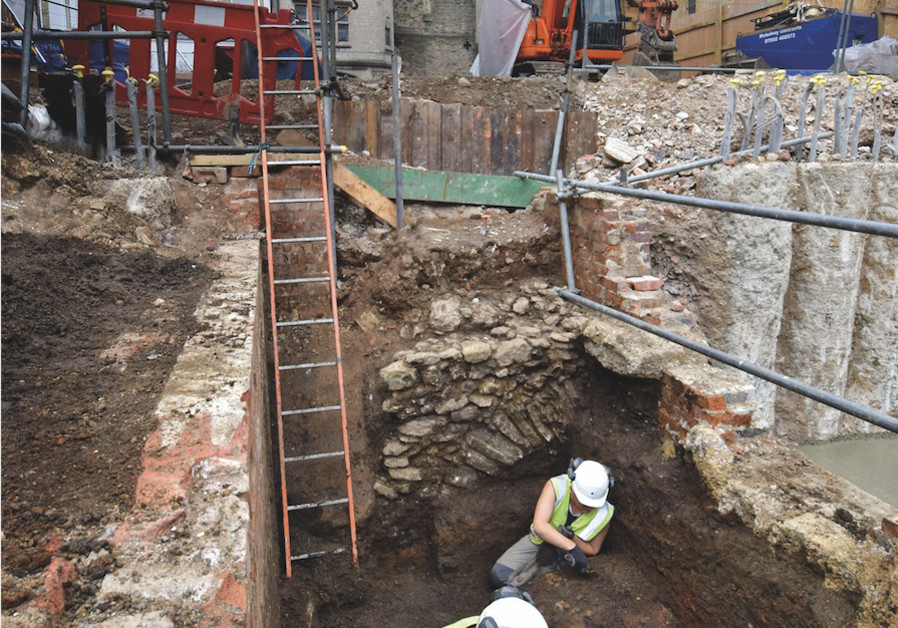Just a few years before the expulsion of all Jews from England in 1290, a Jewish man named Jacob, son of the revered scholar Rabbi Moses of London, owned an imposing property in Oxford, known as Jacob’s Hall. Eight centuries later, the discovery of the building’s latrine has offered an incredible glimpse into Jewish life of the time. Which, perhaps unsurprisingly, did not seem to differ much from that of today – at least regarding food.
“A colleague of mine had done a lot of working looking into the ‘Hundreds Roll” – essentially a medieval property census where every house was noted for tax purposes,” she said. “She was able to find that this particular area of Oxford was inhabited by the Jewish community, and we were able to know which house belonged to each family.”
“First of all, we found many animal bones. In a normal assemblage in a medieval household in England, you would find the typical domesticated animals such as cow, sheep and goat, pig and poultry,” Dunne pointed out.
“What was really interesting was the fact that here pig was completely absent, while there was a massive amount of geese and chicken bones. This is the first time an assemblage of this kind has been found in the UK.”
The researchers were able to identify additional elements consistent with Jewish dietary laws.
The archaeologists uncovered several fragments of unglazed ceramic pots, the typical cooking vessel of the time.
“If you were to put some pieces of meat in a pot with some water and boil it up, you’d see little flat fat globules floating on the top. Those fat globules are called lipids,” Dunne explained. “These fats are preserved in the vessel’s walls.”

